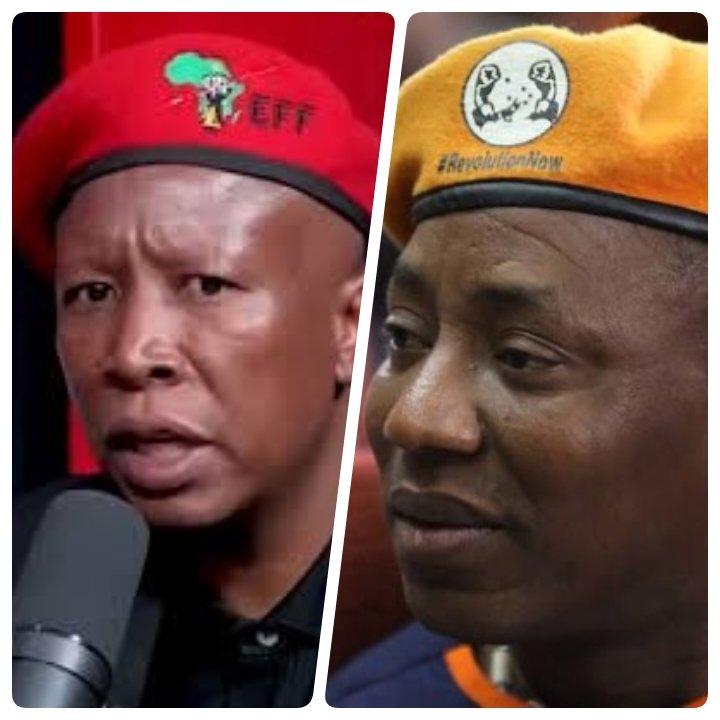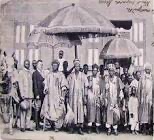Similarities:
Anti-Establishment Voices: Both radically oppose political elites, Malema targeting South Africa’s ANC while sowore confronts Nigeria’s APC and PDP they expose corruption, nepotism, and state capture
They galvanize disillusioned youth, using bold rhetoric and digital platforms to call for radical change.
Pan-africanism; Both advocate for African unity, self-determination, and breaking free from neocolonialism influence in Africa.
Economic Justice: Push for wealth redistribution, Malema through land nationalization and resource control, sowore through grassroots economic reforms and dismantling oligarchic power.
Revolutionary Rhetoric: Embrace civil disobedience and people-powered movements as tools for systemic overhaul.
Julius malema: founder and leader of the economic freedom fighters (EFF), a radical leftist party, calls for economic emancipation of black south africans, land expropriation without compensation, and nationlization of key sectors. strongly opposes the ruling african national congress (ANC), especially after his expulsion from the ANC youth league.
omoyele sowore: founder of the african action congress (AAC) and the revolution movement, strongly critical of the nigerian political elite, especially the ruling all progressive congress (APC) and the peoples’s democratic party (PDP). advocate for for revolutionary change, transparency, youth inclusion, and an end to curruption and impunity, both julius malema, and omoyele sowore uses revolutionary and anti-establishment language, challenging the status quo and pushing for radical systematic change.
malema gained prominence as the president of the ANC youth league, skilled in mobilizing young people, especially marginalized black south africans. he uses strong populist language to appeal to the frustrations of the youth.
sowore: former student leader and pro-democracy activist during nigeria’s military era, uses social media and activism to connect with young nigerians disillution with politics, he mobilized young people through platforms like sahara reporters ( his media outlet) and the endsars and revolutionnow protests.
both have a strong youth base and appeal to grassroots frustrations over inequality, unemployment, and political stagnation,
malema has faced various charges, including corruption and hate speech, frequently in conflict with law enforcement and state institutions, EFF often disrupts parliamentary proceedings in protest
sowore: arrested multiple times by nigeria’s department of state service (DSS), notably in 2019 for calling for revolution, charged with treason and other offenses, widely seen as politically motivated, still facing restrictions on movement and speech in nigeria, both sowore and malema have faced state repression, legal persecution, and attempts to silence them through the judicial system.
malema uses media stunts and dramatic public appearances to dominate headlines
sowore, founder of sahara reporters, a major investigative platform, leverages social media effectively to bypass traditional media and speak directly to followers,
both malema and sowore are media-savvy and use public platforms to spread their message , often courting controversy to remain in the public eye.
malema: fierce critic of capitalism, neoliberal policies, and what he calls “white monopoly capital.” accusses ANC leaders of being complicit in corruption and failing to deliver economic justice.
sowore:critic of nigeria’s economic mismanagement, fuel subsidies, and corruption patronage networks. calls for transparency, decentralization of power, and clean governance.
Both strongly oppose economic inequality,corruption,and neoliberal economic polities that they say only benefit the elite



